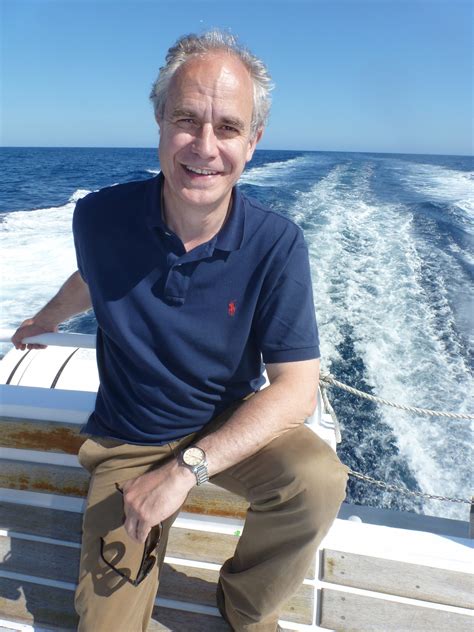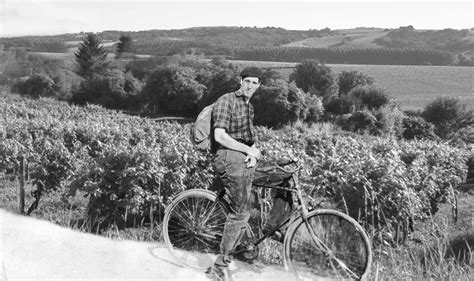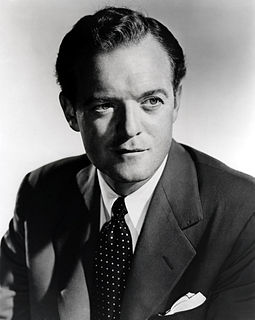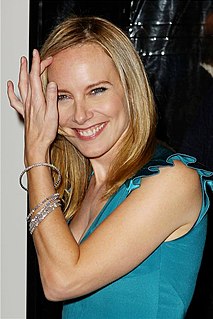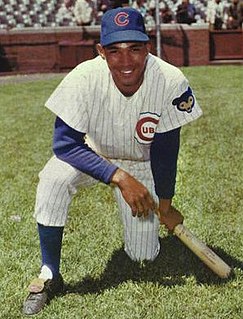A Quote by Norman Maclean
If our father had had his way, nobody who did not know how to fish would be allowed to disgrace a fish by catching him.
Related Quotes
So, eventually, he made one final arrangement with himself, which he has religiously held to ever since, and that was to count each fish that he caught as ten, and to assume ten to begin with. For example, if he did not catch any fish at all, then he said he had caught ten fish - you could never catch less than ten fish by his system; that was the foundation of it. Then, if by any chance he really did catch one fish, he called it twenty, while two fish would count thirty, three forty, and so on.
Once upon a time you were a fish. How do you know? Because I was also a fish. You, too? Sure. A long time ago. Anyway, being a fish, you knew how to swim. You were a great swimmer. A champion swimmer, you were. You loved the water. Why? What do you mean, why? Why did I love the water? Because it was your life! And as we talked, I would have let him go one finger at a time, until, without his realizing, he'd be floating without me. Perhaps that is what it means to be a father-to teach your child to live without you.
Increasingly, we will be faced with a choice: whether to keep the oceans for wild fish or farmed fish. Farming domesticated species in close proximity with wild fish will mean that domesticated fish always win. Nobody in the world of policy appears to be asking what is best for society, wild fish or farmed fish. And what sort of farmed fish, anyway? Were this question to be asked, and answered honestly, we might find that our interests lay in prioritizing wild fish and making their ecosystems more productive by leaving them alone enough of the time.
Catching fish is not a mental game between fish and angler. A 'smart' trout is only smarter than other trout, not smarter than a fisherman. An angler must take the puzzle of the day's conditions, and matching those conditions and his knowledge of the fish come up with a good catch. He competes with a concept, not with a fish's brain.
It's really not as bad as it sounds. I was attacked by a shark once, back when I was alive. Well, not so much a shark as a rather large fish. And not so much attacked as looked at menacingly. But it had murder in its eyes, that fish. I knew, in that instant, if our roles had been reversed and the fish had been holding the fishing pole and I had been the one to be caught, it wouldn't hesitate a moment before eating me. So I cooked it and ate before it had a chance to turn the tables.
If I pull in a fish I have no intention of eating, I release him immediately or give it away. If he's swallowed the hook and you know the fish is going to die, rather than leave him to the sharks you should bring him in for the vitamin content. Aquariums welcome fish for feeding the dolphins and whales.
Anglers have a way of romanticizing their battles with fish and of forgetting that the fish has a hook in his mouth, his gullet, or his belly and that his gameness is really an extreme of panic in which he runs, leaps, and pulls to get away until he dies. It would seem to be enough advantage to the angler that the fish has the hook in his mouth rather than the angler.
I enjoyed learning something and, uh, so I think like with anything in life, in the schoolroom in an artistic endeavor, if you have just a really good teacher, it's inspiring. I certainly use, in my work, I mean, I used to rely heavily on imagery. I was obsessed with this photograph that was in the NY Times of a fish engulfing a smaller fish and this smaller fish had this look in its eyes; it knew what was about to happen and, I don't know how they ever captured such an image, but I've used that for a play I (did). It's called "Saved."
Mobile is a seaport town, and we ate a lot of seafood. We'd go fishing, we'd catch our fish and we'd eat our fish. It was a ritual on Saturday morning for all my family - my grandfather, my brothers, my uncles, my father - to go fishing, and then the ladies of the family would clean the fish and fry them up.







